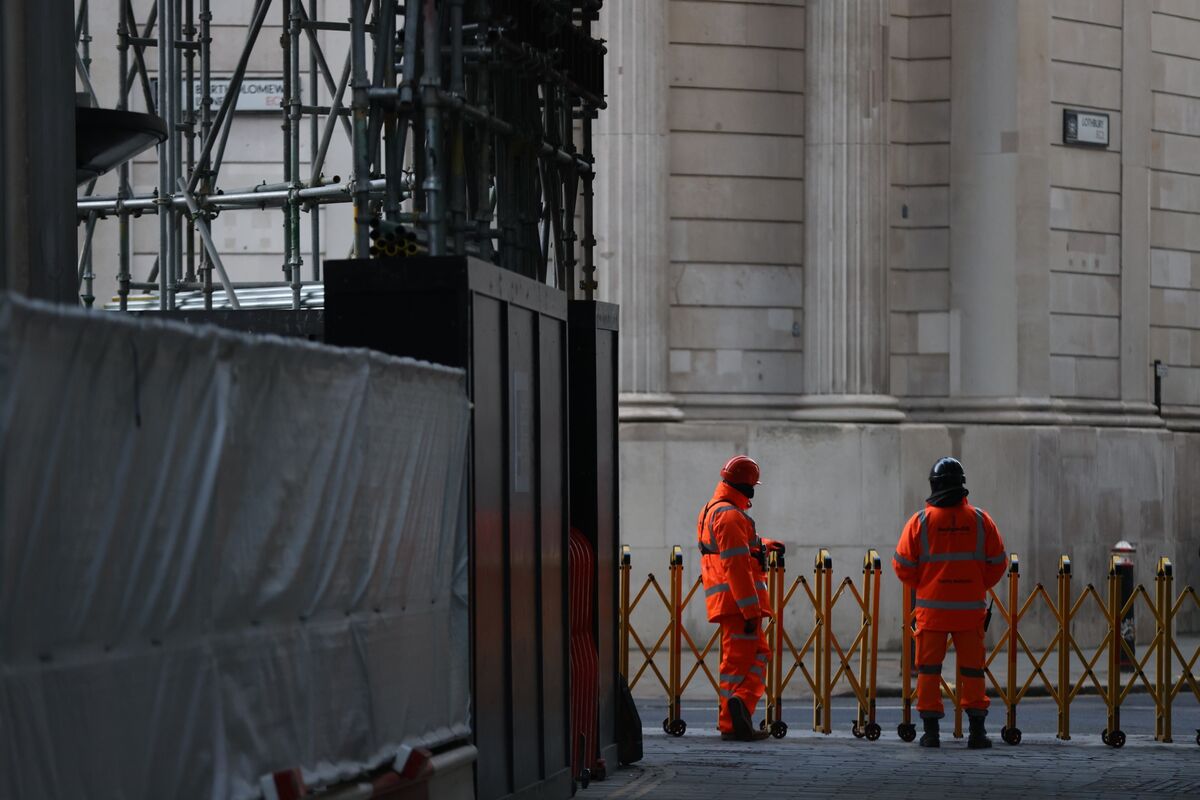
In an effort to address the ongoing labor shortages in the construction industry, the UK government is reportedly considering relaxing immigration regulations. This marks a significant departure from the Conservative Party's stance on immigration during the Brexit campaign. The government appears to be acknowledging that relying solely on encouraging UK citizens to return to work may not be sufficient to address the labor shortages.
A source familiar with the matter has stated that the Migration Advisory Committee, which provides immigration advice to the UK government, has suggested that certain tradespeople - such as carpenters, bricklayers, and roofers - should be included in the "shortage occupation list." This move seems to indicate that the government is now acknowledging the labor shortages in these areas, despite previously campaigning for Brexit without taking this issue into consideration. The fact that the government is considering adding these trades to the shortage list suggests that they are now recognizing the importance of immigrant workers in filling the gaps in the UK labor market.
Employers may be permitted to hire foreign workers in trades such as carpentry, bricklaying, and roofing at a lower salary threshold and with reduced visa fees, thanks to their inclusion on the "shortage occupation list." The UK government is reportedly considering this proposal put forward by the Migration Advisory Committee. If implemented, this move would enable employers to more easily fill vacancies in these trades by recruiting from abroad.
The Financial Times reported on Wednesday evening that the government's plans to relax immigration rules in response to labor shortages in the construction industry may create controversy within the Conservative Party. This announcement comes just after Prime Minister Rishi Sunak announced a new initiative to crack down on illegal migration.
The Chancellor of the Exchequer, Jeremy Hunt, is expected to reveal plans in the upcoming budget on March 15 to incentivize economically inactive individuals to re-enter the workforce. However, the government has come to the realization that in order to address the labor shortages in certain key sectors, targeted immigration may also be necessary.
New data shows that as of February 2020, there has been a significant increase of 520,000 working-age individuals who are neither employed nor actively seeking work. This trend is expected to worsen, with projections from the Office for National Statistics suggesting that by 2026, there will be an additional 726,000 inactive individuals aged between 16 and 64 in the UK compared to pre-pandemic levels.
The current list of occupations facing a shortage of workers includes roles in the health and care sectors, civil engineering, veterinary services, and architecture.
According to a government representative via email, they collaborate closely with the Migration Advisory Committee (MAC) to guarantee that the UK's points-based immigration system serves the country's best economic interests. The system prioritizes the skills and talents that are required and promotes lasting investment in the domestic workforce.